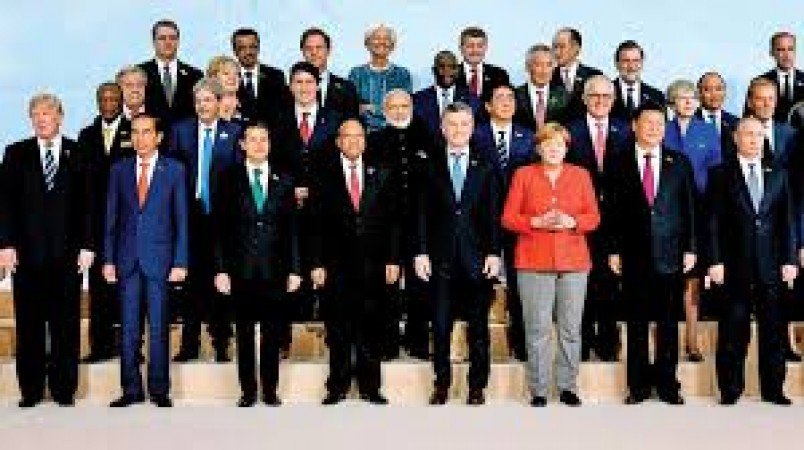
Foreign policy is the set of principles and strategies that guide a country's interactions with other nations and international organizations. It is crucial for maintaining international relations, promoting national interests, and ensuring peace and stability in the global arena. India, as one of the world's largest democracies and fastest-growing economies, holds a unique position in the international community. However, in pursuing its foreign policy objectives, India often encounters conflicts with its national interest. In this article, we will explore the intricacies of India's foreign policies and the challenges they pose to the nation's interests.
Historical Context of India's Foreign Policies
India's foreign policy was shaped significantly in the early post-independence era when it sought to maintain a non-aligned stance, avoiding entanglement in military blocs during the Cold War. However, as the global landscape evolved, India underwent a transformation in its foreign policy approach. Economic liberalization in the 1990s led to a shift in diplomatic priorities, focusing on economic growth and global partnerships.
Key Components of India's National Interest
India's national interest is multifaceted, encompassing various key components. First and foremost is ensuring security and defense to safeguard its territorial integrity and sovereignty. Secondly, India seeks to achieve sustainable economic growth and foster trade relations with other countries. Additionally, maintaining stability in its neighboring regions and promoting cultural and historical ties are vital aspects of India's national interest.
Conflict between National Interest and Foreign Policies
Balancing India's national interest with its foreign policies is a delicate task. While India strives to maintain friendly relations with all nations, it often faces challenges in its neighborhood. Tensions with neighboring countries, such as China and Pakistan, have at times complicated India's foreign policy objectives. Furthermore, the impact of globalization has also led to conflicts of interest, as economic decisions might clash with strategic considerations.
Case Studies: Examining Specific Conflicts
To gain deeper insights, let's examine some specific conflicts that have arisen due to India's foreign policies. The India-China border dispute has been a longstanding issue, with territorial disagreements causing diplomatic strains. Similarly, India-Pakistan relations have been marred by historical conflicts and cross-border tensions. Additionally, India's nuclear policy has raised concerns in the international community.
Addressing the Conflict
To mitigate conflicts between foreign policies and national interest, India must resort to diplomatic negotiations and dialogues. Building strong regional partnerships, such as with ASEAN and SAARC countries, can foster stability and mutual development. Furthermore, enhancing economic cooperation through trade agreements and investments can create win-win scenarios for India and its allies.
The Role of Public Opinion in Shaping Foreign Policies
Public opinion plays a significant role in influencing India's foreign policies. The media's portrayal of international events can sway public perception and impact policy decisions. A proactive approach to engaging the public and educating them about the complexities of foreign affairs can lead to more informed and constructive debates.
The Importance of Adaptability in Foreign Policy
The global landscape is dynamic, with geopolitical, economic, and technological changes occurring rapidly. India's foreign policy must exhibit adaptability to navigate these shifts effectively. Embracing technological advancements in communication and diplomacy can improve India's standing on the global stage. India's foreign policies and national interest are intertwined in a complex relationship. As a responsible global player, India must carefully balance its strategic objectives with the nation's welfare. Diplomatic negotiations, regional partnerships, and adaptability are essential tools to address conflicts effectively. By pursuing a pragmatic and inclusive foreign policy, India can safeguard its national interest while contributing to global peace and prosperity.
Active Rohingyas demand increased international pressure on Myanmar
Live fire drills are conducted by the Russian Navy in the Black Sea
North Korea launches cruise missiles but says nothing about the US soldier who entered the country